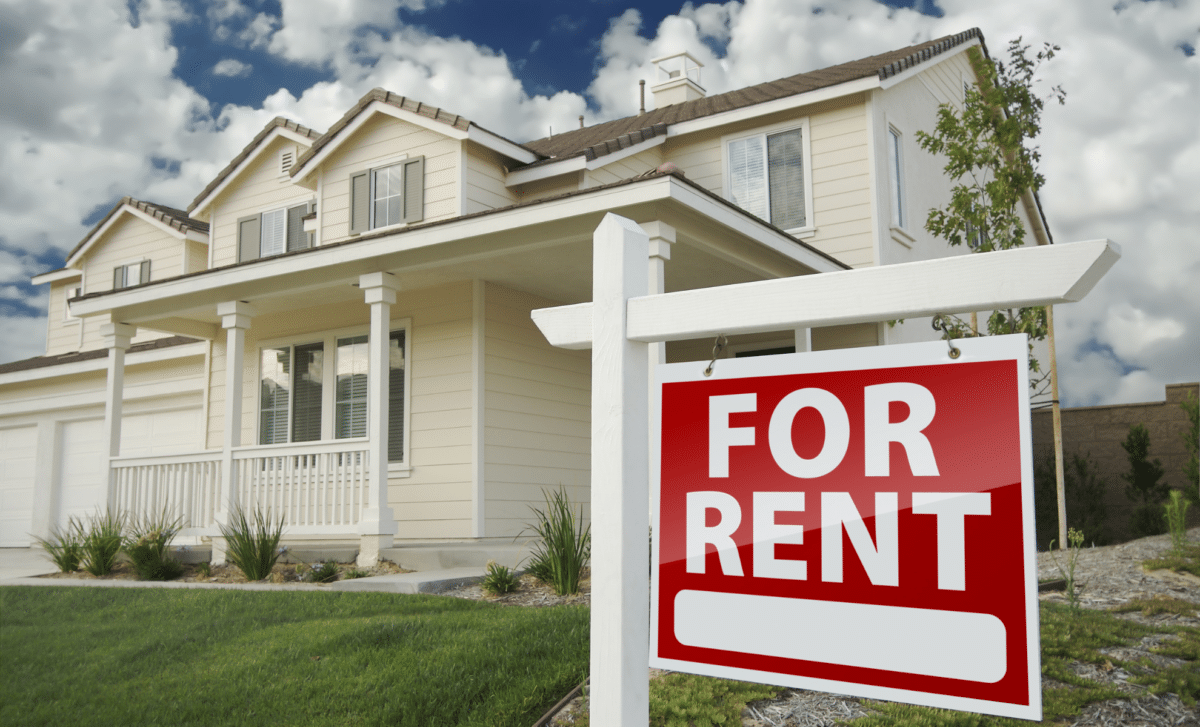UK rental prices soared at a record rate of 9.2% over the past month, while house prices stagnated, with London suffering the most. As well, rising borrowing costs continued to weigh on homeowners and tenants.
According to the data published on Wednesday, London has the highest average monthly rent (over £2,000) and the fastest annual increase in rents (11.2%). In Great Britain as a whole, the average monthly rent was £1,200.
The Office for National Statistics began collecting statistics in 2015, and the increase in average private rents in the year to March represented the largest annual percentage change on record. In addition, a 9% increase had been recorded in the year to February.
Data from the ONS covers all privately rented properties, not just those currently under contract. In addition, other data indicates a current cooling trend in the rental sector.
However, it does highlight how rent increases or the withdrawal of properties from the market by landlords will affect tenants as financing costs rise.
Impact of Mortgages on Tenants
In an attempt to tackle rising inflation, the BoE has raised interest rates to 5.25%, the highest level for sixteen years. Although mortgage rates have come down somewhat from their summer peaks, they are still much higher than they were a year ago.
Initially, the Bank of England was expected to lower interest rates this year, but market participants are increasingly pessimistic that borrowing costs will fall between now and 2024 due to persistent inflationary pressures.
The ONS estimates that the impact of higher interest rates was reflected in the average house price, which was approximately £4,000 below its peak in November 2022.
Property Values at Odds With Rental Rates
According to the ONS, there are significant regional differences in house prices. Scotland recorded an increase of 5.6% per annum, while London was the worst performer, with a fall of 4.8% per annum.
Economist Jake Finney of consultancy PwC UK believes that the smaller fall in house prices between January and February could mean that the housing market correction is almost over.
Housing Prices Drop Unexpectedly in the UK in March
Halifax, has recently reported a surprising fall in residential property prices in the country for the month of March, marking the first decrease after six consecutive months of growth.
Analysts were taken by surprise by this unexpected change, which points to a potential inconsistency in the recovery of the housing market.
Property prices in the UK fell by an average of 1% in March to £288,430, following a 16-month high of £291,338 in February.
In addition, further information from Halifax indicates that although there was a marginal 0.3% year-on-year increase in prices for the month of March, this growth is well below the 1.45% annual increase predicted by economists in a Reuters poll.
This suggests that the rate of growth is much lower than expected, confirming the erratic nature of the market recovery.









